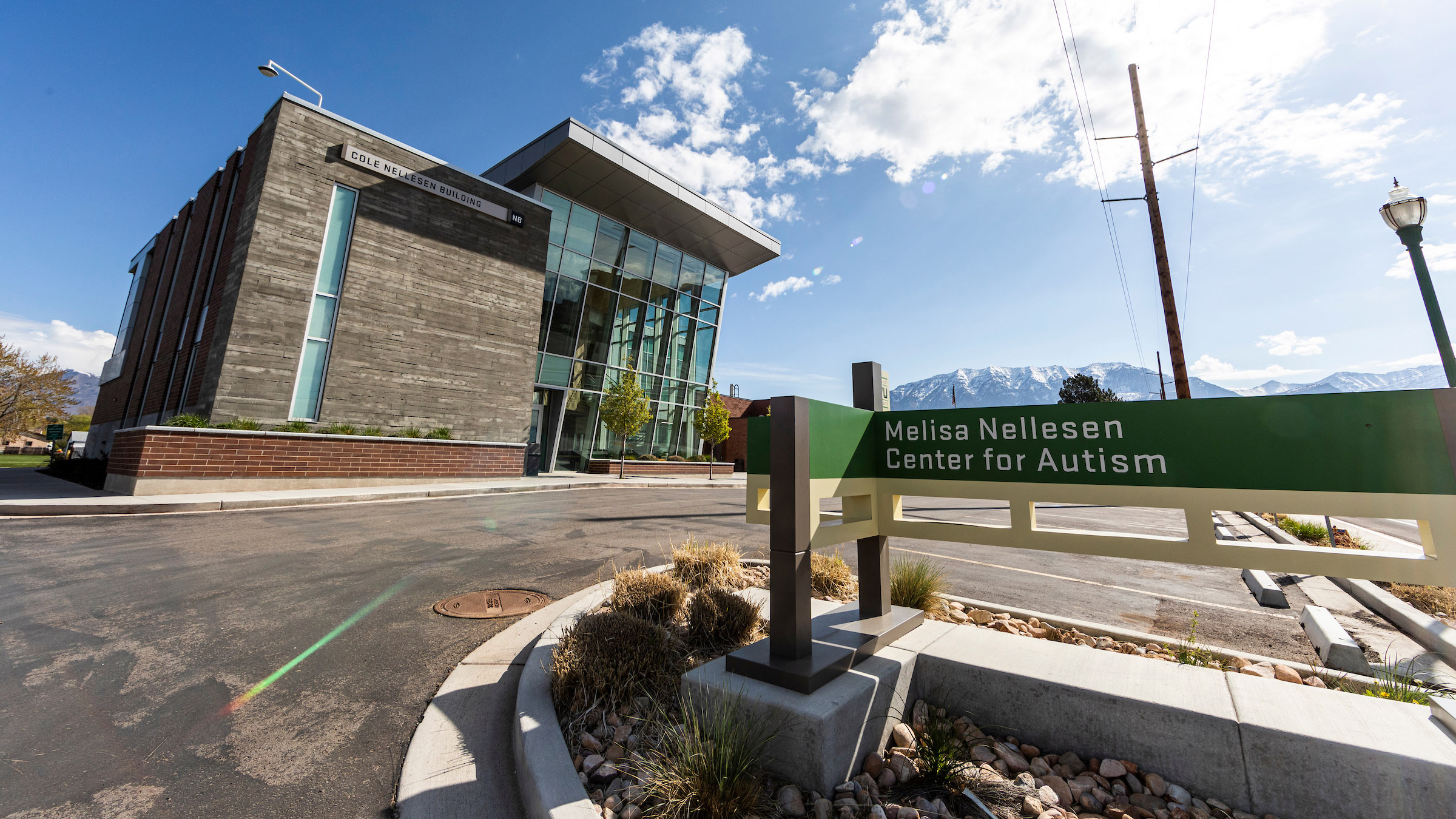Five hundred people seeking connection and understanding attended the annual Autism Conference hosted by UVU’s Melisa Nellesen Center for Autism — this year held entirely online.

One in 54 children in the United States has autism. Utah has one of the highest rates of autism in the nation. Five hundred people seeking connection and understanding attended the annual Autism Conference hosted by UVU’s Melisa Nellesen Center for Autism — this year held entirely online.
Utah Valley University students, families impacted by autism, educators service providers, and professionals gathered virtually, due to COVID-19 restrictions, to attend 19 different sessions on topics ranging from creating communities, safety, and preparing for independent living.
Keynote speaker Dr. Gregory P. Hanley, an expert on assessment and behavior modification, addressed problem behavior among children with autism spectrum disorder, and he provided tools to help people assist those with autism develop conduct that makes societal belonging possible. According to his remarks, building a sense of community and belonging starts with valuable one-on-one experiences within the community.
“It’s not about supervising the experience, it’s about sharing in the experience. It’s a critical part in community connection. On a macro level, I’m asking you to find the joy at the community level,” Hanley said.
Autistic people are three times more likely to commit suicide than the general population. Because of that heightened risk, Laurie Bowen, associate director for the Nellesen Center for Autism, said it was an important topic of discussion at the conference. “We always have a focus on mental health and suicide prevention in our conferences because it is prevalent within the autism community,” she said.
The 2021 session, led by Dr. Mikle South, was named in honor of Charlie Garlick, a young man on the spectrum who took his own life in December 2020.
During that session, South shared stories and strategies of how to deal with suicide within the autism community. “I cannot think of a better model for preventing suicide in autism than this one — when things are going haywire, stop, be calm, ask what’s wrong, don’t make assumptions, don’t force your opinion on others, be gentle in asking proper permission, problem solve, try to find solutions rather than punishments, save a life,” he said.
Despite being moved to a virtual format, there was great support for the conference by those in Utah and beyond. This year, there was strong attendance from a Rwandan audience, according to Bowen. “We have been working with an organization on supporting Rwanda as they are developing autism awareness and services in their community. This was a great opportunity for us to share access to the conference with them. It included people from the Ministry of Health and Education, as well as parents and service providers.”
Bowen expressed gratitude for all those in attendance who made the conference successful. “We have a really strong support network of people who attend our conference. Even though it went virtual, there was great support and attendance, making it a success overall.”